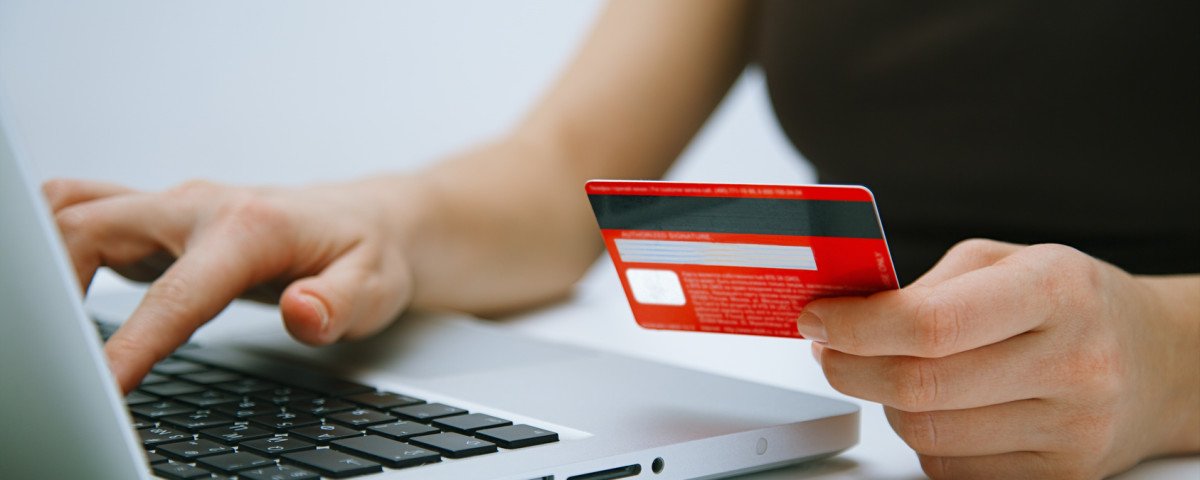How to shop safe online

Pokemon Go servers ‘HACKED by PoodleCorp’ Using DDoS attack
July 18, 2016
How To Hack Wifi useing Kali-Linux
October 27, 2016Hacks, identity theft, data breaches—cyber calamities are waiting to happen to your finances, even as you read this. “Every online activity you do—whether it is on your smartphone or your laptop—is being watched. Even the pictures in your phone are accessible to people courtesy certain apps”.
Your password isn’t enough
Your birth date or anniversary are not good enough as passwords. Choose a random combination of symbols, numbers and upper and lower case words and change them frequently. “While doing net banking, two kinds of passwords are asked for: one is to log into your account and the other is the transaction password. Ensure that you never save the transaction password anywhere and instead use the one time password (OTP),” says Ashish Modani, financial planner.
Software save
Lastpass: A password manager app, it locks your passwords and personal information in a secure vault. It autofills web browser and app logins for you, and generates new, secure passwords instantly. You just need one LastPass password.
Keep your wealth managers close
Do you know that even a private email that you are sending to your wealth manager has been copied on several unknown servers across the globe? Hackers are also known to steal from you by using your email ID and account details to send fund transfer requests to an outside account. Protect yourself from such frauds by ensuring your wealth manager and broker recognise your voice and call you before carrying out any transaction.
Software save
Encrypted emails: Use Pretty Good Privacy (PGP), a software that allows you to encrypt your mails. This means that only the two people who communicate know the original message. What is copied on other servers is garbled text. PGP gives you a public key (a bunch of letters and numbers) that can be used to create an encrypted email. A private key that only you have opens the message.
Set limits on your credit cards
You may have gotten calls from your bank managers, offering you a higher credit limit. Many people take that as a sign of financial strength. However, it’s better to have multiple credit cards with lower limits than increasing the limit of one. “At best, each credit or debit card you have should allow usage of upto Rs 2 lakh,” says Saket.
Software save
Virtual cards: Most banks offer net-safe banking where you can create one-time virtual credit card with a small limit. So, if you are doing an online transaction, you do not need to enter yourcard details. “The virtual card usually expires in 24 hours and there is a small fee attached to it,” says Saket.
Get digitally fit
1.Install firewalls and anti-virus software on your handheld devices.
2.When selling or disposing of old devices,erase all personal data.
3.You should be able to destroy or at least lock your phone device remotely. Try Google’s Android Device Manager, a handy service that enables remote password locking and even allows you to see the location of a lost or stolen Android device. Enable Find My iPhone on your iOS device.
4.Update your operating systems on a regular basis with the latest security patches, updates and drivers.
5.Use apps like Unhack to see how many apps on your smartphone have access to your messages, pictures, etc.


